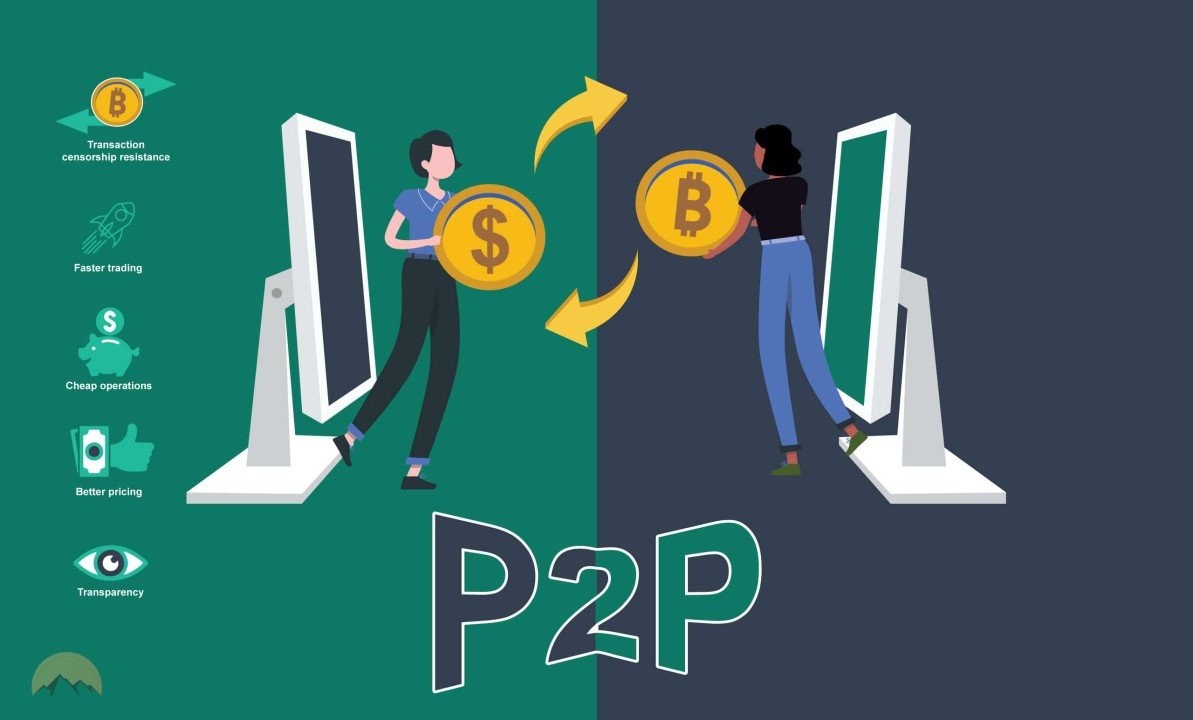The Nigerian National Security Agency (NSA) has classified cryptocurrency Peer-to-Peer (P2P) trading as a national security issue. Following this information, the Nigerian National Security Agency (NSA) has mandated all financial institutions in Nigeria to block the accounts of customers dealing with cryptocurrency. The financial institution must also report the transactions to the NSA.
Currently, FinTech startups such as Monie point, Paga, and Palmpay have begun blocking accounts of their customers involved with crypto trading.
Tosin Eniolorunda, Monie point CEO that “This means a new cryptocurrency regulation that will ban peer-to-peer trading of cryptocurrencies is in the works.” According to bits of information received, this is true, and the regulation to ban P2P trading will soon be public.
This accounts for a reversal of the government’s motive to allow cryptocurrency trading in the country. The reason for the ban, according to the Central Bank, is the belief that crypto traders use P2P trading to manipulate the Naira via a pump-and-dump strategy.
Moreover, in February 2024, the Central Bank Governor, Olayemi Cardoso, stated that Binance had processed over $26 billion in untraceable transactions. This led to the crackdown of the leading crypto exchange and the freezing of over 1,000 bank accounts in connection with P2P transactions.
The Nigerian government also went ahead to halt the registration of new accounts for four popular FinTechs, as these FinTechs allow customers to open accounts easily and process funds without the necessary identification. A financial inclusion rule, which granted laxation on account identification, made this possible.
The Central Bank amended the Financial inclusion rules that caused these issues in December 2023, and all FinTech startups were given a deadline of March 2024 to request identification for all classes of accounts.


